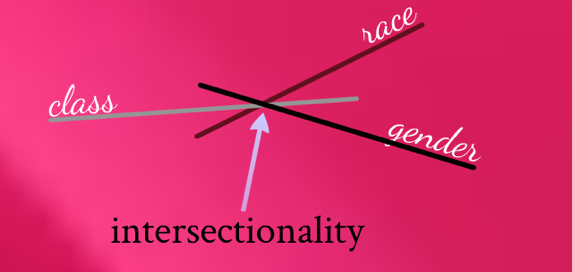A Collective Problem with Collective Solutions
[Content Note: ablest slurs & language]
written by Ali Wilkin (Harmony Party UK interim media officer)

This is the first of 3 essays looking at the problem of ableism, and ableism as it intersects with race, ethnicity and gender, within left wing spaces, and how we can collectively work together to change that for the better.
It should be the case that disabled people – all disabled people – are safe in left-wing spaces and communities. The reasons why they are not is because ableism generally, and specifically as it intersects with race, ethnicity and gender, is poorly understood. As a result of that, there remains the pernicious idea that using ablest slurs against the regimes that oppress us is acceptable: internalised ableism creates resistance to any idea to the contrary, and despite the increased harm this does to the people that the ablest slurs were, and are, used to describe. Using them against our oppressors makes those slurs more harmful, not less.
(Exactly the same thing happens when fatphobic slurs are used against Trump and Johnson).
When this comes from within left-wing and disabled communities, it is particularly hurtful and harming. We all have internalised ableism – we live in a society which prizes being able-bodied, neurotypical and centres “good” mental health as the responsibility of the individual. Ableism is the system which perpetuates that privilege. When the words of the system are used against that system, the system doubles down on those it does not prize.
So how do we address this within our left-wing spaces and communities? Individual blaming and finger pointing, when this is a collective problem, does not help. All it does is lead to division and rancour. Collective solutions are needed – but collective solutions will not be found unless we first understand what ableism is, and recognise it within ourselves.
Much of the problem is rooted in not hearing and listening to the disabled person when they express the harm the use of the word does. It is ableism that closes people’s ears to us when we tell people that something is harmful. As @WheelsOfSteer put it recently:
Sometimes, people are surprised that the vegetable can talk. Other times, I’m rude. Most of the time, people just keep on trying to push.
@WheelsOfSteer
You can read their essay “How to Talk About Disabled People” here – and I absolutely recommend that you read it, even if you are disabled yourself. And if you can, please do make a financial donation to help support their work.
Ableism is embedded within our culture, so the language that we use matters. Whilst it may be the case that calling someone ‘stupid’, ‘idiot’, ‘cretin’, ‘moron’ etc, is common, it doesn’t make those words less harmful to the people those words were created to deride, demonise and demean – no matter who you are using those words against. The learning-disabled community, and people with chronic mental health illness, have for years tried to explain why those words harm them. They are words rooted in eugenicist and ablest ideas about intelligence and mental health, and no matter who uses the words, their continued use only further embeds the exclusion and othering of those communities.
Resistance against the regime that oppresses us must (if it is to succeed) begin by listening to the people within the community who are having to plead with their comrades to stop using certain words – not because of a desire to police language, but because of the need to change the way society looks at us and treats us.
Resistance against the regime that pressures 16-year-old autistic children to accept DNR’s must include resisting the ableism and eugenics that created the language which excludes us. Resistance must practice the compassion and justice that it fights for – or it is no resistance at all.
